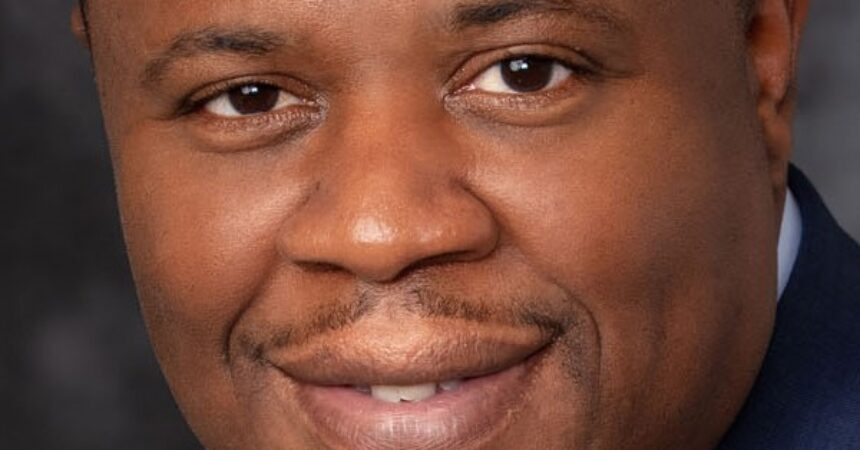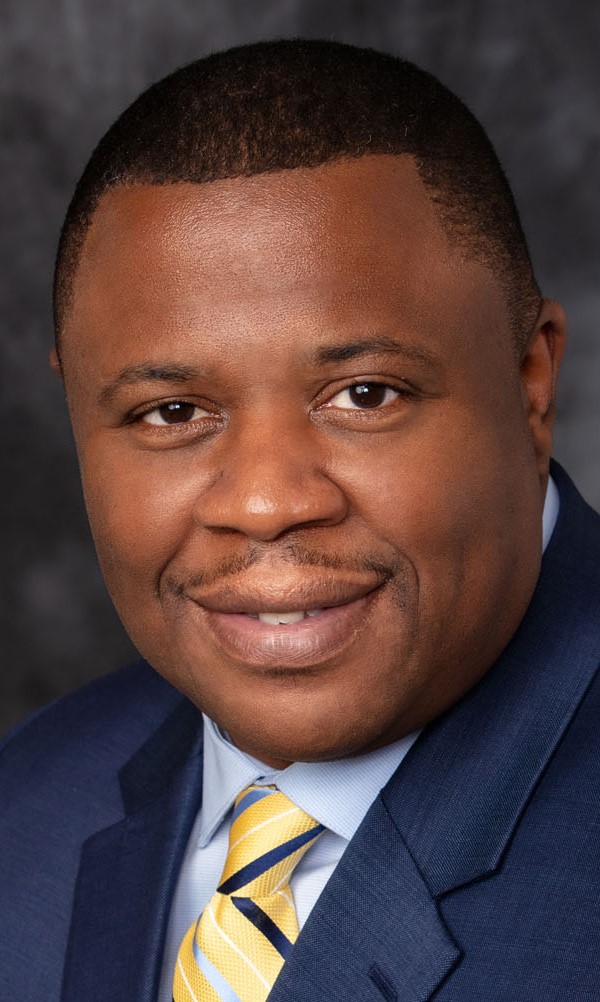
Against the grain II
FAMU showed excellence for mankind in its COVID-19 response

FAMU’s official closure of its COVID-19 testing and vaccinations site just ahead of the end of the Federal Public Health Emergency in May marked the end of a three-year stretch of dedicated performance.
By April of 2020, tens of thousands of COVID-19 testing sites were set up in makeshift triage facilities across the country. The most significant of those in our area was the FAMU testing site, which occupied the northeast side of Bragg Memorial Stadium.
The testing site first opened on April 25, 2020, with long lines of people coming from South Florida, Alabama, and Georgia to get tested. Back then, before the introduction of rapid testing, visitors to the site had to wait days for their results since specimens were flown elsewhere for testing. FAMU’s testing site was a completely open-door policy. It was come one, come all.
During this time, with a generally scared and uninformed public, FAMU’s willingness to open its most popular facility on campus to testing in the worldwide medical emergency was a major step in support to the community.
The testing site administered nearly 700,000 tests. For people who needed testing to be allowed to work, it was a critical part of daily life. For teachers who were at educational institutions that required testing, the FAMU testing site was a crucial lifeline. For those in the general public who suspected they might be infected with this mysterious virus, it was a sanctuary.
Tanya Tatum, director of FAMU Student Health Services, emerged as FAMU’s ambassador for the effort. While the testing center was at Bragg Stadium, she virtually dedicated her life to ensuring that this global emergency was carried out with procedures aligned with the ever-changing protocols of the time.
When vaccines were developed and approved by the FDA, FAMU administered almost 30,000 vaccinations. Vaccinations began in the Lawson Center and migrated to the Wahnish Way area where testing was relocated to allow student parking to resume at Bragg Stadium once they returned to campus.
Since the advent of home tests, the cause for having the physical facility on campus waned. With widely-accessible testing including pharmacy and general care offices able to effectively administer testing, the need for the facility had passed. But, the effects of the campus-wide effort can never be forgotten.
At our worst time, we must give kudos first to FAMU President Larry Robinson, Ph.D. We must also thank Cynthia Harris, Ph.D., director of the FAMU Public Health Institute and associate dean in the College of Pharmacy and Pharmaceutical Sciences, Institute of Public Health for her wherewithal to attract the funding to campus to host the site. And of course, we can’t forget the foot soldier in Tanya Tatum who took it upon herself to ensure the best of service to all who came. There will never be enough thank-yous to the university who in the world’s biggest time of need, offered the best service to all who entered the premises.
Portions of this editorial were referenced from FAMU.edu







